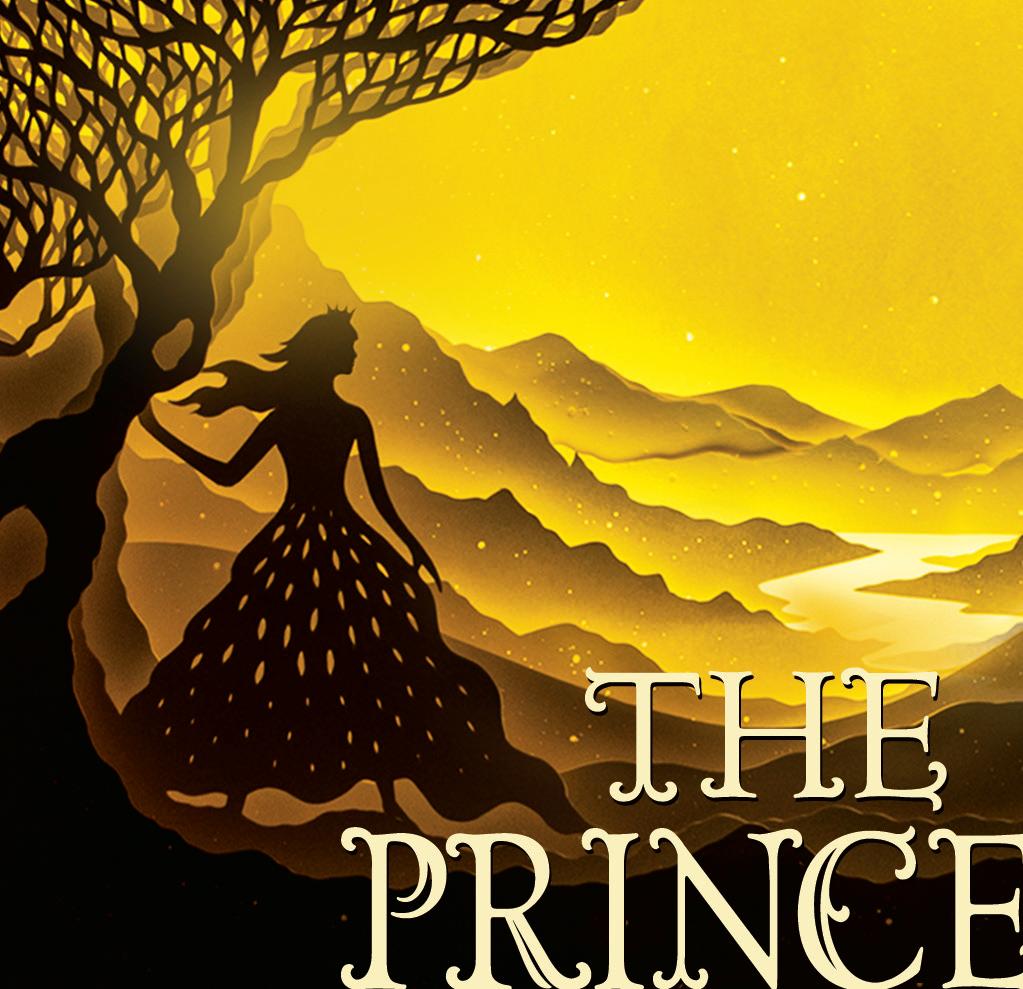

GEORGE M AC DONALD
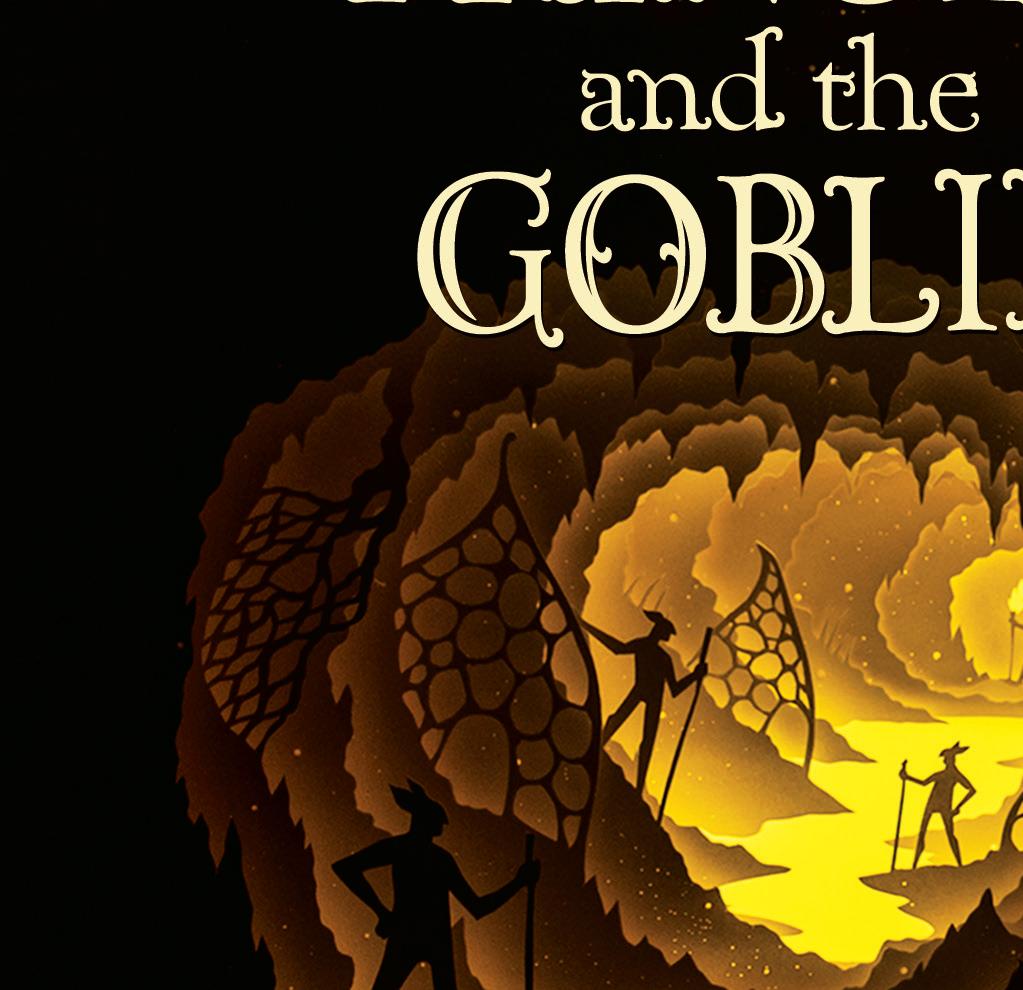

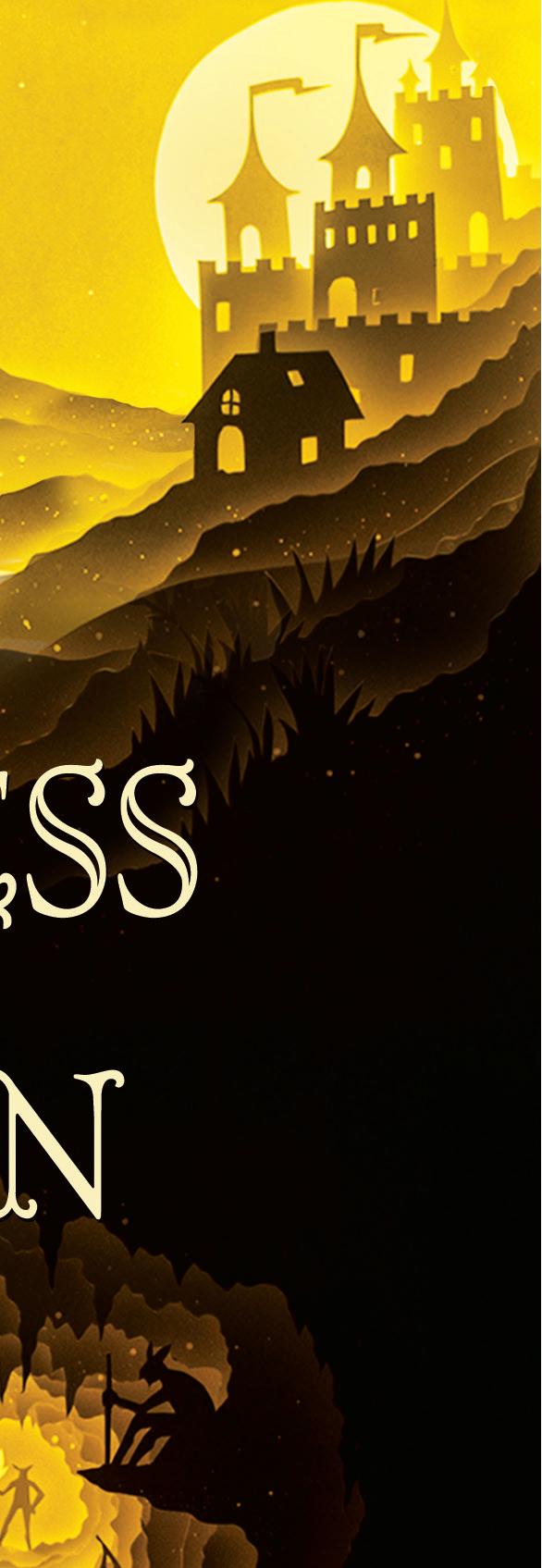

P UFFIN C LASSIC S
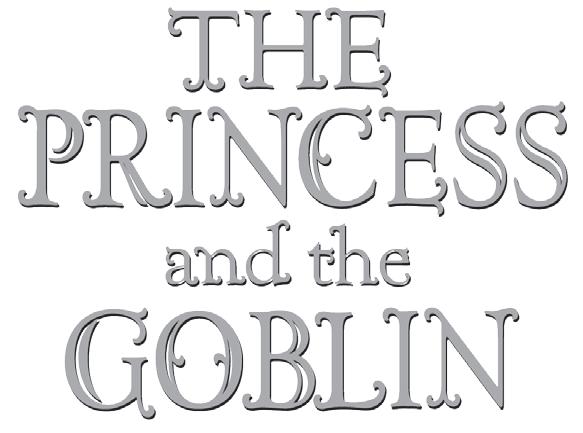
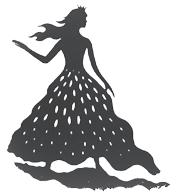
While the princess stared bewildered, with her head just inside the door, the old lady lifted hers, and said, in a sweet, but old and rather shaky voice, which mingled very pleasantly with the continued hum of her wheel: ‘Come in, my dear; come in. I am glad to see you.’
GEORGE M AC DONALD
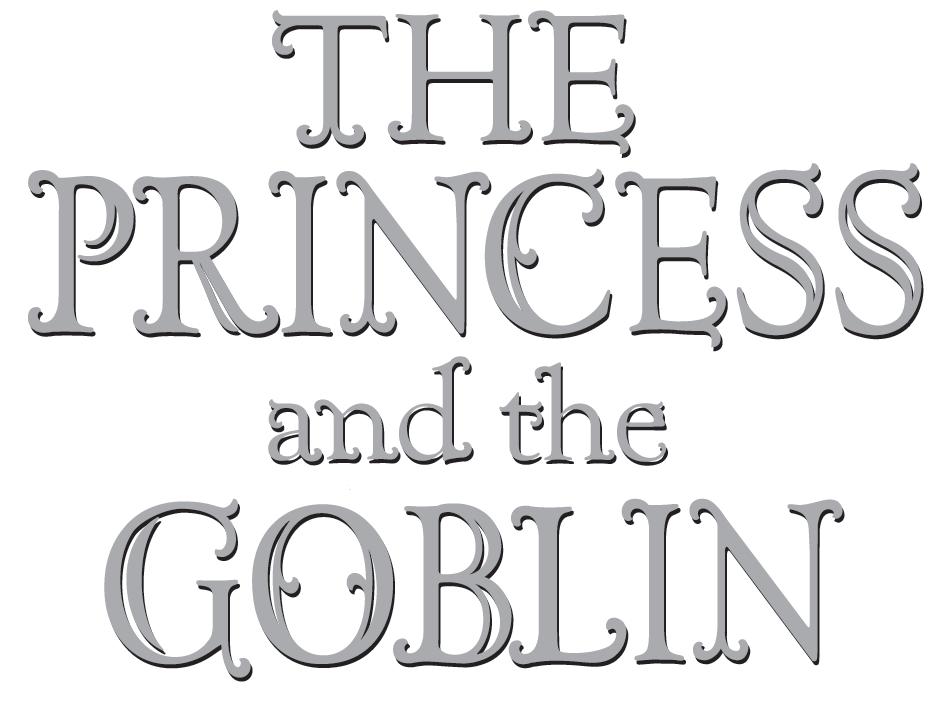

INTRODUCED BY URSULA LE GUIN
With the original illustrations by A RTHUR H UGHES
P UFFIN C LASSIC S
PUFFIN BOOKS
UK | USA | Canada | Ireland | Australia
India | New Zealand | South Africa
Puffin Books is part of the Penguin Random House group of companies whose addresses can be found at global.penguinrandomhouse.com.
www.penguin.co.uk
www.puffin.co.uk
www.ladybird.co.uk
First published 1872
Published in Puffin Books 1964
Reissued 1996, 2011, 2016
This edition published 2025 001
Introduction copyright © Ursula Le Guin, 2010 Endnotes copyright © Penguin Books Ltd, 2010
The moral right of the author of the introduction has been asserted
Penguin Random House values and supports copyright. Copyright fuels creativity, encourages diverse voices, promotes freedom of expression and supports a vibrant culture. Thank you for purchasing an authorized edition of this book and for respecting intellectual property laws by not reproducing, scanning or distributing any part of it by any means without permission. You are supporting authors and enabling Penguin Random House to continue to publish books for everyone. No part of this book may be used or reproduced in any manner for the purpose of training artificial intelligence technologies or systems. In accordance with Article 4(3) of the DSM Directive 2019/790, Penguin Random House expressly reserves this work from the text and data mining exception.
Set in 11.96/15.86pt Minion by Palimpsest Book Production Limited, Falkirk, Stirlingshire
Printed and bound in Great Britain by Clays Ltd, Elcograf S.p.A.
The authorized representative in the EEA is Penguin Random House Ireland, Morrison Chambers, 32 Nassau Street, Dublin d 02 yh 68
A CIP catalogue record for this book is available from the British Library isbn: 978–0–241–73797–2
All correspondence to: Puffin Books
Penguin Random House Children’s One Embassy Gardens, 8 Viaduct Gardens, London sw 11 7bw
Penguin Random Hous e is committed to a sustainable future for our business, our readers and our planet. is book is made from Forest Stewardship Council® certified paper.
introduction by
ursula le guin
George MacDonald, born in 1824, grew up in a world where people did as everybody had always done – travelled on foot or on horseback, warmed the house with fire and lit it with candles, wrote with goose-feather pens. They knew their neighbours but nobody else; towns fifty miles apart might be utterly strange to each other. Compared to ours, that world seemed timeless, changeless, and yet, far more than ours, it was filled with mystery, danger, dark places, the unknown.
It’s still the world of our folk- and fairy-tales and most of our fantasy stories. Our imagination is still at home there. Many of us are willing to erase all the automobiles and aeroplanes and electricity and electronics, escape from the machines we made that now control us, and let a story take us straight into the timeless green kingdoms of legend and fantasy.
We learn about those kingdoms early. Our guides are the authors who began writing stories for children just about the time the green world began to vanish, to become the
world of the past – outside time – the country of ‘There was once a little princess . . .’
George MacDonald was one of the first of those authors. The Princess and the Goblin is an old book now, but it was written for young readers. The heroine is eight and the hero twelve, and the language is mostly quite plain and straightforward. But MacDonald also uses words like ‘excogitated’. Some of his sentences are complicated. Some of the meanings of his sentences are very complicated. He wrote for children, not down to them. He didn’t confuse being young with being simple-minded. I think he expected that a reader could either figure out ‘excogitate’ or look it up in the dictionary, and that the deeper meanings that underlie his exciting story would gradually come clear to any thoughtful child.
He is often stern; he can be tender, but he’s never soft. And his green kingdom isn’t very green: it’s more like the north of Scotland where he grew up: a great, stony, stormy landscape of high hills and poor farms; a lonesome, lofty land, beautiful in the play of cloud and mist and rainbows. A perfect place for magic shining in the air, and goblins under the ground.
MacDonald is also stern and clear about what nobility is. It has nothing to do with money or social status. A princess is a girl who behaves nobly; a girl who behaves nobly is a princess. Curdie the miner, being brave and kind, and behaving (or anyhow trying to behave) nobly and wisely,
is a prince. The king is king because he’s a good man. No other definition is allowed. This is radically moral democracy. It’s very different from the lazy-minded stories that call some characters good and others bad although they all behave exactly the same way; the Goods win the battles and the Bads lose, besides being ugly. MacDonald’s goblins are ugly only because they behave badly. Treated unjustly, instead of standing up for their rights they went underground to sulk vengefully down in the dark, and so they got all twisted, with weird feet and no toes . . .
This is a great story, and I love it all, but I love the goblins best.
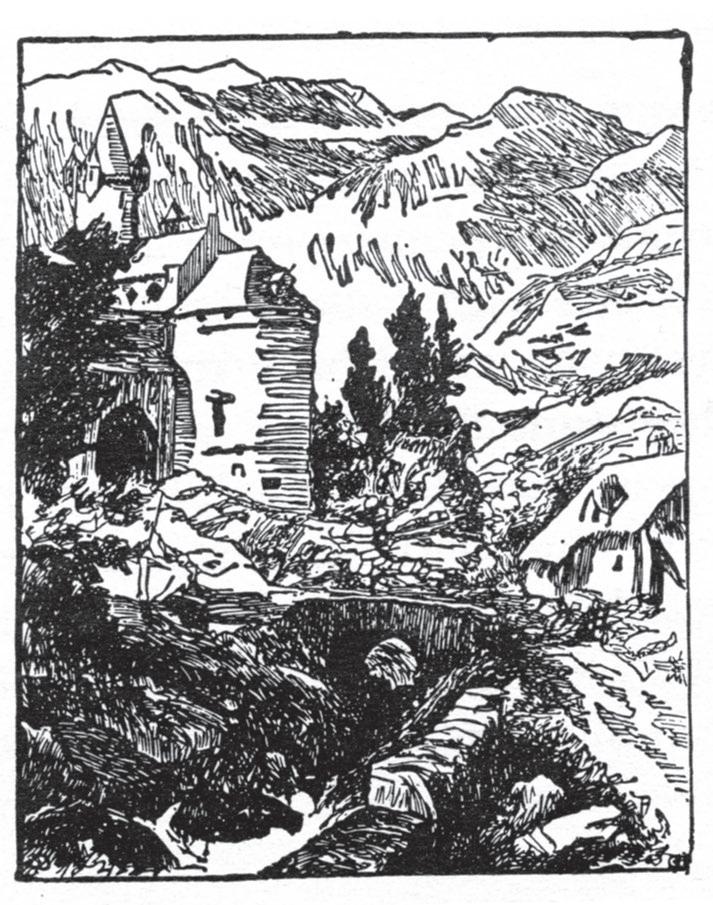
Why the Princess has a Story about her
There was once a little princess whose father was king over a great country full of mountains and valleys. His palace was built upon one of the mountains, and was very grand and beautiful. The princess, whose name was Irene, was born there, but she was sent soon after her birth, because her mother was not very strong, to be brought up by country people in a large house, half castle, half farmhouse,
on the side of another mountain, about half-way between its base and its peak.
The princess was a sweet little creature, and at the time my story begins was about eight years old, I think, but she got older very fast. Her face was fair and pretty, with eyes like two bits of night sky, each with a star dissolved in the blue. Those eyes you would have thought must have known they came from there, so often were they turned up in that direction. The ceiling of her nursery was blue, with stars in it, as like the sky as they could make it. But I doubt if ever she saw the real sky with the stars in it, for a reason which I had better mention at once.
These mountains were full of hollow places underneath; huge caverns, and winding ways, some with water running through them, and some shining with all colours of the rainbow when a light was taken in. There would not have been much known about them, had there not been mines there, great deep pits, with long galleries and passages running off from them, which had been dug to get at the ore of which the mountains were full. In the course of digging, the miners came upon many of these natural caverns. A few of them had far-off openings out on the side of a mountain, or into a ravine.
Now in these subterranean caverns lived a strange race of beings, called by some gnomes, by some kobolds, by some goblins. There was a legend current in the country that at one time they lived above ground, and were very
like other people. But for some reason or other, concerning which there were different legendary theories, the king had laid what they thought too severe taxes upon them, or had
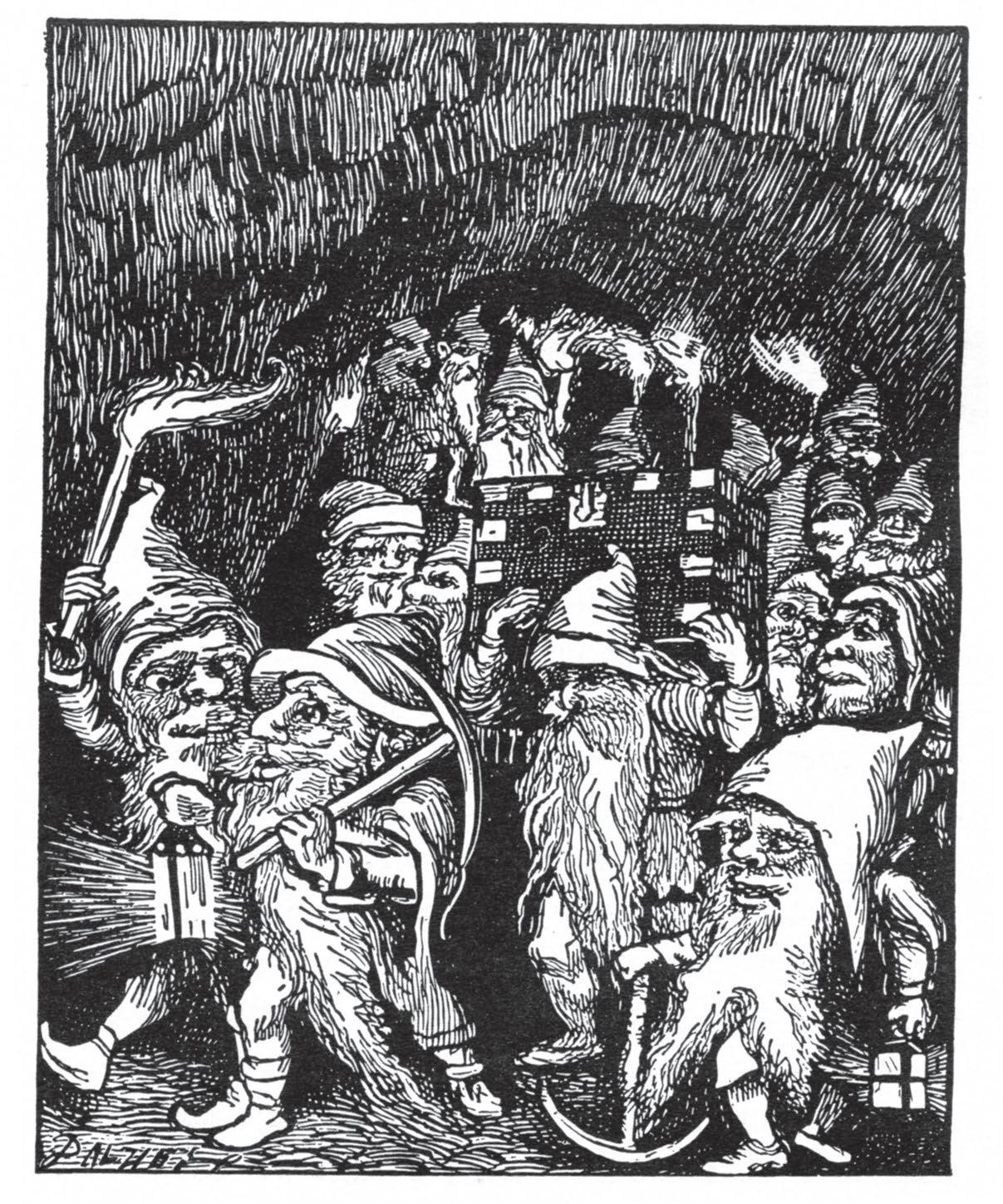
required observances of them they did not like, or had begun to treat them with more severity, in some way or other, and impose stricter laws; and the consequence was that they had all disappeared from the face of the country. According to the legend, however, instead of going to some other country, they had all taken refuge in the subterranean caverns, whence they never came out but at night, and then seldom showed themselves in any numbers, and never to many people at once. It was only in the least frequented and most difficult parts of the mountains that they were said to gather even at night in the open air. Those who had caught sight of any of them said that they had greatly altered in the course of generations; and no wonder, seeing they lived away from the sun, in cold and wet and dark places. They were now, not ordinarily ugly, but either absolutely hideous, or ludicrously grotesque both in face and form. There was no invention, they said, of the most lawless imagination expressed by pen or pencil, that could surpass the extravagance of their appearance. But I suspect those who said so had mistaken some of their animal companions for the goblins themselves – of which more by and by. The goblins themselves were not so far removed from the human as such a description would imply. And as they grew misshapen in body they had grown in knowledge and cleverness, and now were able to do things no mortal could see the possibility of. But as they grew in cunning, they grew in mischief and their great delight was in every way they could think
of to annoy the people who lived in the open-air storey above them. They had enough of affection left for each other to preserve them from being absolutely cruel for cruelty’s sake to those that came in their way; but still they so heartily cherished the ancestral grudge against those who occupied their former possessions, and especially against the descendants of the king who had caused their expulsion, that they sought every opportunity of tormenting them in ways that were as odd as their inventors; and although dwarfed and misshapen, they had strength equal to their cunning. In the process of time they had got a king and a government of their own, whose chief business, beyond their own simple affairs, was to devise trouble for their neighbours. It will now be pretty evident why the little princess had never seen the sky at night. They were much too afraid of the goblins to let her out of the house then, even in company with ever so many attendants; and they had good reason, as we shall see by and by.
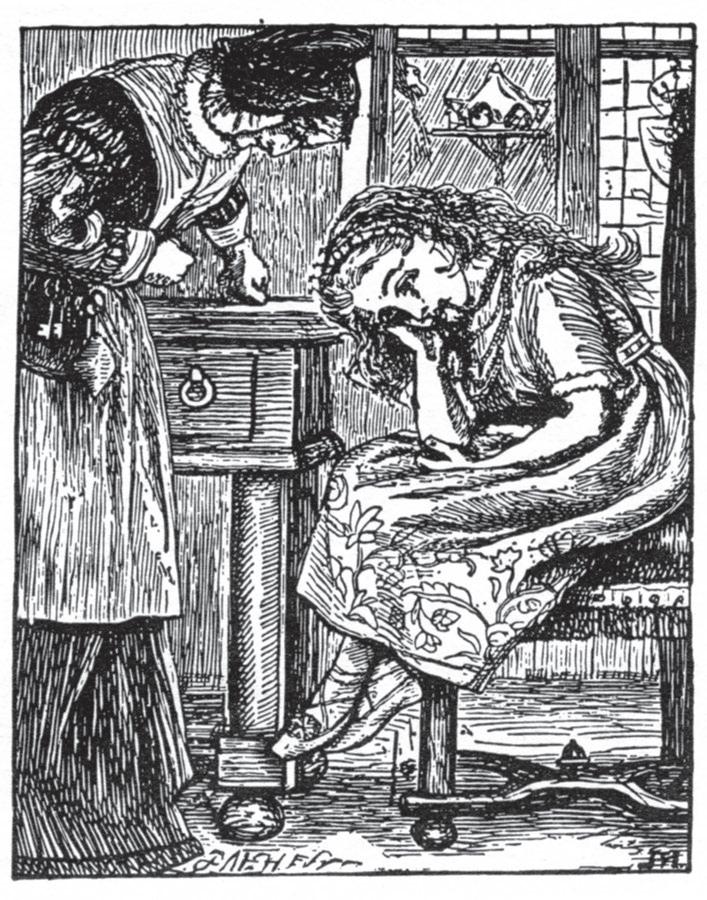
The Princess loses herself
I have said the Princess Irene was about eight years old when my story begins. And this is how it begins.
One very wet day, when the mountain was covered with mist which was constantly gathering itself together into raindrops, and pouring down on the roofs of the great old house, whence it fell in a fringe of water from the eaves all round about it, the princess could not of course go out. She got very tired, so tired that even her toys could no longer
amuse her. You would wonder at that if I had time to describe to you one half of the toys she had. But then, you wouldn’t have the toys themselves, and that makes all the difference: you can’t get tired of a thing before you have it. It was a picture, though, worth seeing – the princess sitting in the nursery with the sky ceiling over her head, at a great table covered with her toys. If the artist would like to draw this, I should advise him not to meddle with the toys. I am afraid of attempting to describe them, and I think he had better not try to draw them. He had better not. He can do a thousand things I can’t, but I don’t think he could draw those toys. No man could better make the princess herself than he could, though – leaning with her back bowed into the back of the chair, her head hanging down, and her hands in her lap, very miserable as she would say herself, not even knowing what she would like, except it were to go out and get thoroughly wet, and catch a particularly nice cold, and have to go to bed and take gruel. The next moment after you see her sitting there, her nurse goes out of the room.
Even that is a change, and the princess wakes up a little, and looks about her. Then she tumbles off her chair, and runs out of the door, not the same door the nurse went out of, but one which opened at the foot of a curious old stair of worm-eaten oak, which looked as if never anyone had set foot upon it. She had once before been up six steps, and that was sufficient reason, in such a day, for trying to find out what was at the top of it.
Up and up she ran – such a long way it seemed to her! – until she came to the top of the third flight. There she found the landing was the end of a long passage. Into this she ran. It was full of doors on each side. There were so many that she did not care to open any, but ran on to the end, where she turned into another passage, also full of doors. When she had turned twice more, and still saw doors and only doors about her, she began to get frightened. It was so silent! And all those doors must hide rooms with nobody in them! That was dreadful. Also the rain made a great trampling noise on the roof. She turned and started at full speed, her little footsteps echoing through the sounds of the rain – back for the stairs and her safe nursery. So she thought, but she had lost herself long ago. It doesn’t follow that she was lost, because she had lost herself, though. She ran for some distance, turned several times, and then began to be afraid. Very soon she was sure that she had lost the way back. Rooms everywhere, and no stair! Her little heart beat as fast as her little feet ran, and a lump of tears was growing in her throat. But she was too eager and perhaps too frightened to cry for some time. At last her hope failed her. Nothing but passages and doors everywhere! She threw herself on the floor, and burst into a wailing cry broken by sobs.
She did not cry long, however, for she was as brave as could be expected of a princess of her age. After a good cry, she got up, and brushed the dust from her frock. Oh, what
old dust it was! Then she wiped her eyes with her hands, for princesses don’t always have their handkerchiefs in their pockets, any more than some other little girls I know of. Next, like a true princess, she resolved on going wisely to work to find her way back: she would walk through the passages, and look in every direction for the stair. This she did, but without success. She went over the same ground again and again without knowing it, for the passages and doors were all alike. At last, in a corner, through a half-open door, she did see a stair. But alas! it went the wrong way: instead of going down, it went up. Frightened as she was, however, she could not help wishing to see where yet further the stair could lead. It was very narrow, and so steep that she went on like a four-legged creature on her hands and feet.

The Princess and – We shall see who
Whenshe came to the top, she found herself in a little square place, with three doors, two opposite each other, and one opposite the top of the stair. She stood for a moment, without an idea in her little head what to do next. But as she stood, she began to hear a curious humming sound. Could it be the rain? No. It was much more gentle, and even monotonous than the sound of the rain, which now she scarcely heard. The low sweet humming sound
went on, sometimes stopping for a little while and then beginning again. It was more like the hum of a very happy bee that had found a rich well of honey in some globular flower, than anything else I can think of at this moment. Where could it come from? She laid her ear first to one of the doors to hearken if it was there – then to another. When she laid her ear against the third door, there could be no doubt where it came from: it must be from something in that room. What could it be? She was rather afraid, but her curiosity was stronger than her fear, and she opened the door very gently and peeped in. What do you think she saw? A very old lady who sat spinning.
Perhaps you will wonder how the princess could tell that the old lady was an old lady, when I inform you that not only was she beautiful, but her skin was smooth and white. I will tell you more. Her hair was combed back from her forehead and face, and hung loose far down and all over her back. That is not much like an old lady – is it? Ah! but it was white almost as snow. And although her face was so smooth, her eyes looked so wise that you could not have helped seeing she must be old. The princess, though she could not have told you why, did think her very old indeed – quite fifty, she said to herself. But she was rather older than that, as you shall hear.
While the princess stared bewildered, with her head just inside the door, the old lady lifted hers, and said, in a sweet, but old and rather shaky voice, which mingled very pleasantly
with the continued hum of her wheel: ‘Come in, my dear; come in. I am glad to see you.’
That the princess was a real princess you might see now quite plainly; for she didn’t hang on to the handle of the door, and stare without moving, as I have known some do who ought to have been princesses but were only rather vulgar little girls. She did as she was told, stepped inside the door at once, and shut it gently behind her.
‘Come to me, my dear,’ said the old lady.
And again the princess did as she was told. She approached the old lady – rather slowly, I confess, but did not stop until she stood by her side, and looked up in her face with her blue eyes and the two melted stars in them.
‘Why, what have you been doing with your eyes, child?’ asked the old lady.
‘Crying,’ answered the princess.
‘Why, child?’
‘Because I couldn’t find my way down again.’
‘But you could find your way up.’
‘Not at first – not for a long time.’
‘But your face is streaked like the back of a zebra. Hadn’t you a handkerchief to wipe your eyes with?’
‘No.’
‘Then why didn’t you come to me to wipe them for you?’
‘Please, I didn’t know you were here. I will next time.’
‘There’s a good child!’ said the old lady.
Then she stopped her wheel, and rose, and, going out of
the room, returned with a little silver basin and a soft white towel, with which she washed and wiped the bright little face. And the princess thought her hands were so smooth and nice!
When she carried away the basin and towel, the little princess wondered to see how straight and tall she was, for, although she was so old, she didn’t stoop a bit. She was dressed in black velvet with thick white heavy-looking lace about it; and on the black dress her hair shone like silver. There was hardly any more furniture in the room than there might have been in that of the poorest old woman who made her bread by her spinning. There was no carpet on the floor – no table anywhere – nothing but the spinningwheel and the chair beside it. When she came back, she sat down again, and without a word began her spinning once more, while Irene, who had never seen a spinning-wheel, stood by her side and looked on. When the old lady had got her thread fairly going again, she said to the princess, but without looking at her:
‘Do you know my name, child?’
‘No, I don’t know it,’ answered the princess.
‘My name is Irene.’
‘That’s my name!’ cried the princess.
‘I know that. I let you have mine. I haven’t got your name. You’ve got mine.’
‘How can that be?’ asked the princess, bewildered. ‘I’ve always had my name.’
‘Your papa, the king, asked me if I had any objection to your having it; and, of course, I hadn’t. I let you have it with pleasure.’
‘It was very kind of you to give me your name – and such a pretty one,’ said the princess.
‘Oh, not so very kind!’ said the old lady. ‘A name is one of those things one can give away and keep all the same. I have a good many such things. Wouldn’t you like to know who I am, child?’
‘Yes, that I should – very much.’
‘I’m your great-great-grandmother,’ said the lady.
‘What’s that?’ asked the princess.
‘I’m your father’s mother’s father’s mother.’
‘Oh, dear! I can’t understand that,’ said the princess.
‘I dare say not. I didn’t expect you would. But that’s no reason why I shouldn’t say it.’
‘Oh, no!’ answered the princess.
‘I will explain it all to you when you are older,’ the lady went on. ‘But you will be able to understand this much now: I came here to take care of you.’
‘Is it long since you came? Was it yesterday? Or was it today, because it was so wet that I couldn’t get out?’
‘I’ve been here ever since you came yourself.’
‘What a long time!’ said the princess. ‘I don’t remember it at all.’
‘No. I suppose not.’
‘But I never saw you before.’
‘No. But you shall see me again.’
‘Do you live in this room always?’
‘I don’t sleep in it. I sleep on the opposite side of the landing. I sit here most of the day.’
‘I shouldn’t like it. My nursery is much prettier. You must be a queen too, if you are my great big grandmother.’
‘Yes, I am a queen.’
‘Where is your crown, then?’
‘In my bedroom.’
‘I should like to see it.’
‘You shall some day – not today.’
‘I wonder why nursie never told me.’
‘Nursie doesn’t know. She never saw me.’
‘But somebody knows that you are in the house?’
‘No; nobody.’
‘How do you get your dinner, then?’
‘I keep poultry – of a sort.’
‘Where do you keep them?’
‘I will show you.’
‘And who makes the chicken broth for you?’
‘I never kill any of my chickens.’
‘Then I can’t understand.’
‘What did you have for breakfast this morning?’ asked the lady.
‘Oh! I had bread and milk, and an egg – I dare say you eat their eggs.’
‘Yes, that’s it. I eat their eggs.’
‘Is that what makes your hair so white?’
‘No, my dear. It’s old age. I am very old.’
‘I thought so. Are you fifty?’
‘Yes – more than that.’
‘Are you a hundred?’
‘Yes – more than that. I am too old for you to guess. Come and see my chickens.’
Again she stopped her spinning. She rose, took the princess by the hand, led her out of the room, and opened the door opposite the stair. The princess expected to see a lot of hens and chickens, but instead of that, she saw the blue sky first, and then the roofs of the house, with a multitude of the loveliest pigeons, mostly white, but of all colours, walking about, making bows to each other, and talking a language she could not understand. She clapped her hands with delight, and up rose such a flapping of wings that she in her turn was startled.
‘You’ve frightened my poultry,’ said the old lady, smiling.
‘And they’ve frightened me,’ said the princess, smiling too. ‘But what very nice poultry! Are the eggs nice?’
‘Yes, very nice.’
‘What a small egg-spoon you must have! Wouldn’t it be better to keep hens, and get bigger eggs?’
‘How should I feed them, though?’
‘I see,’ said the princess. ‘The pigeons feed themselves. They’ve got wings.’
‘Just so. If they couldn’t fly, I couldn’t eat their eggs.’
